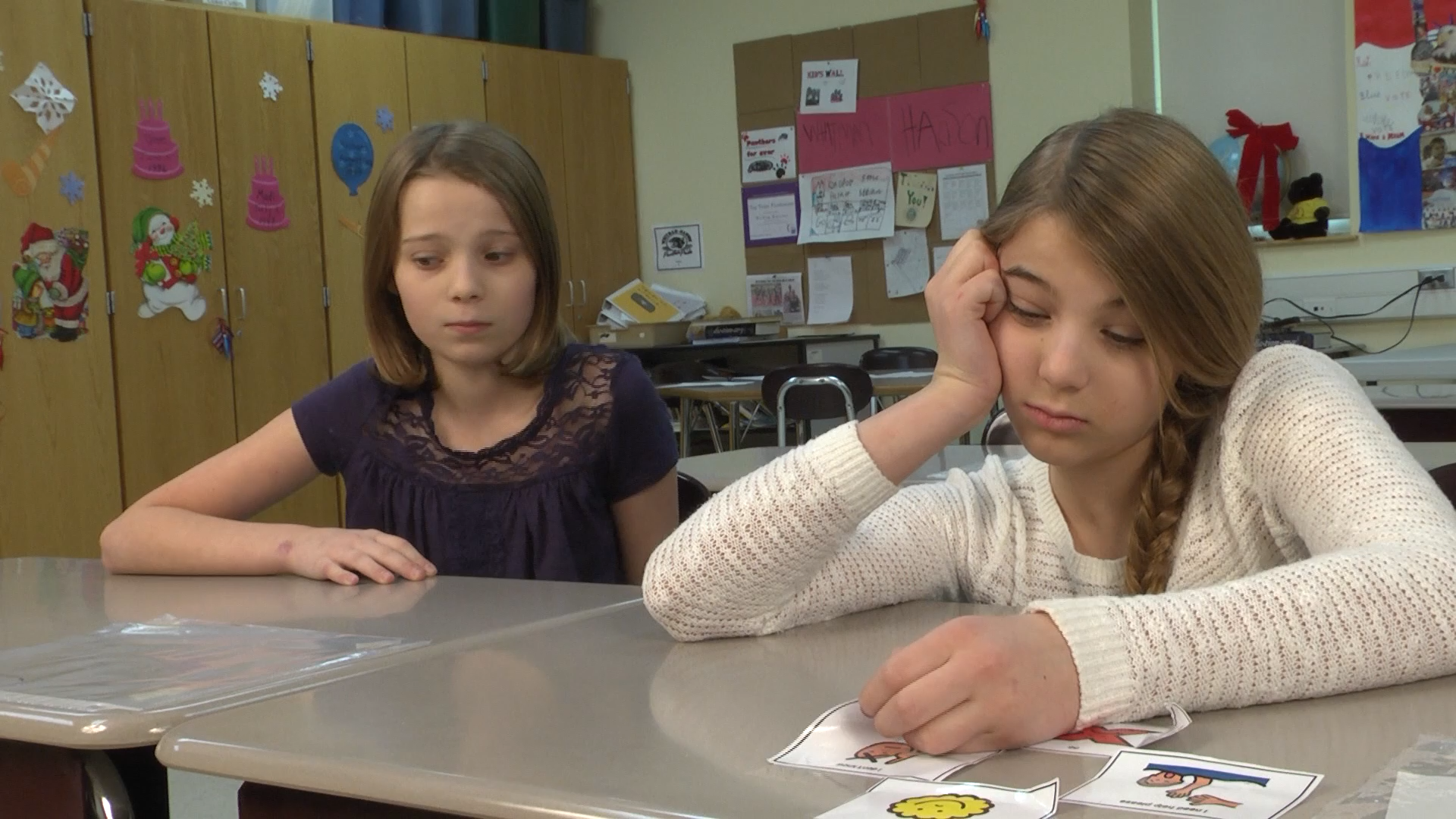
Introduction
As educators, we strive to teach our PreK students various social skills that will help them build better connections and friendships. One such skill is the ability to act interested in what others are saying, even if the topic might not be interesting to them. By practicing active listening, making eye contact, and offering small comments, students can show their peers that they value their thoughts and feelings. This blog post will present a no-prep activity, discussion questions, and related skills to help you teach this important social rule in your classroom.
No-Prep Activity
In this simple activity, you can teach students how to act interested in a conversation, even if the topic isn’t their favorite. Begin by gathering the students in a circle. Explain that you will play a game called “The Interest Game.” One student will start by sharing something they like or find interesting, and the next student in the circle must act interested in what the first student said by responding with a positive comment or question.
For example, if the first student says, “I like playing with toy cars,” the next student could respond with, “That’s cool! What’s your favorite toy car?” The game continues around the circle, with each student practicing acting interested in their peer’s interests.
Once the game has made a full rotation, debrief with the group about how it felt to act interested in their peers’ interests, and how it felt when others showed interest in their own interests.
Discussion Questions
- Why is it important to act interested in what others are saying, even if we don’t share the same interests?
- How did it feel when someone acted interested in what you were saying? How did it feel when you acted interested in what someone else was saying?
- What are some ways we can show others that we are interested in what they are saying?
- How do you think acting interested in others’ interests can help us build better friendships?
- Can you think of a time when someone acted interested in what you were saying? How did it make you feel?
Related Skills
In addition to acting interested, there are other social-emotional learning skills that can help students build better connections and friendships. Some of these skills include:
- Active listening: Paying close attention to what others are saying and responding thoughtfully.
- Empathy: Understanding and sharing the feelings of others.
- Respect: Treating others with kindness and valuing their thoughts and feelings.
- Communication: Expressing thoughts and feelings clearly and effectively.
- Conflict resolution: Identifying and resolving disagreements in a respectful and fair manner.
Next Steps
Now that you have learned how to teach this important social rule to your PreK students, we encourage you to explore more skills and activities to support their social-emotional learning. To access free samples of skill-building materials, please visit Everyday Speech and sign up for your free account. By incorporating these resources into your classroom, you can help your students build stronger connections and navigate their social world with greater ease.

